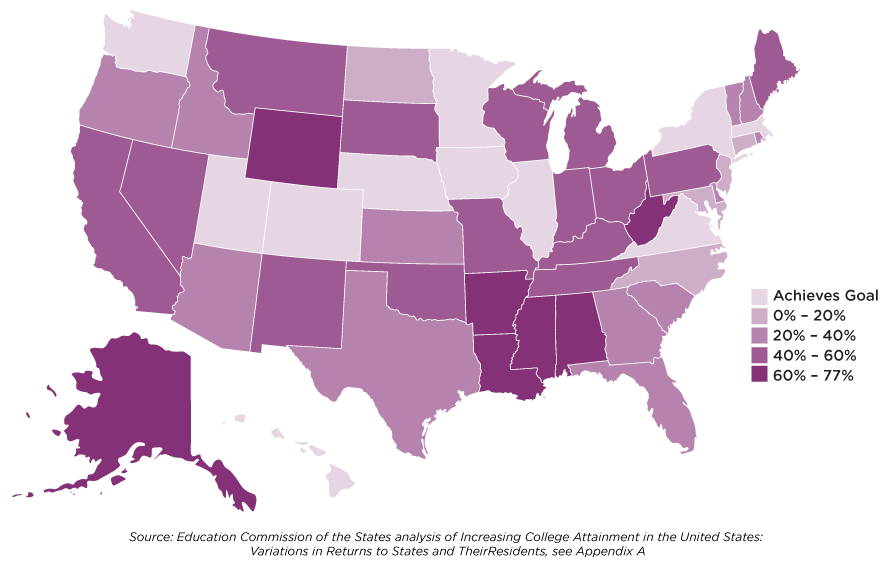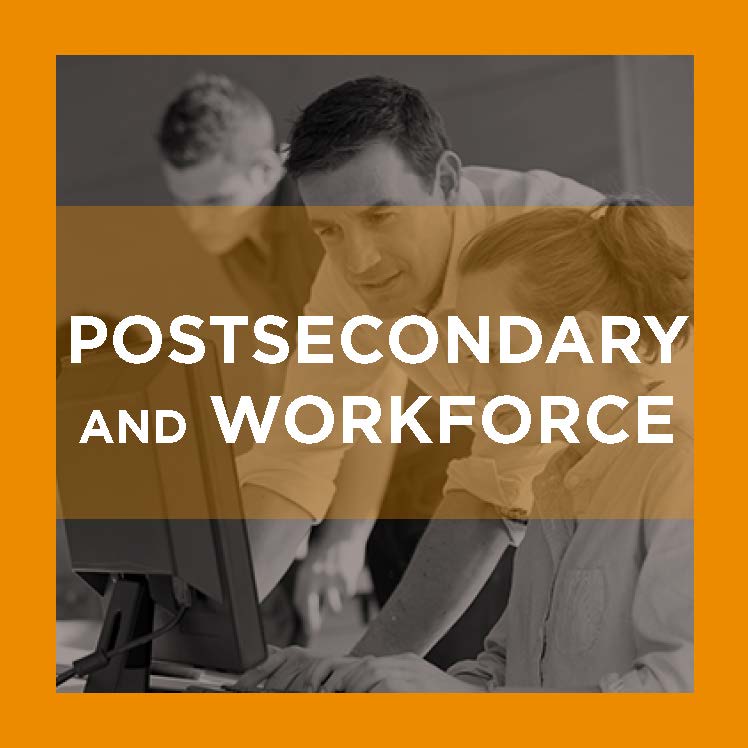If you’ve heard of the “free college” trend, chances are you’ve heard of Tennessee. Since the Tennessee Promise was enacted in 2014, the state has become entrenched as a prime example of free college policy. Given that 24 states have considered 57 proposals related to free college, and four other states besides Tennessee have enacted policies - why do the headlines keep going back to Tennessee?
The short answer is this: because they keep altering the policies to include even more potential students. The points below highlight key innovations the state has made in free college policy:
- 2014: Tennessee Promise is enacted. The program targets dollars on traditionally-aged college students matriculating directly from high school to college.
- 2015: The Tennessee Reconnect is enacted, targeting funds at low-income adult students with some credits but no college degree. Changes are later made to remove minimum credit hour and income requirements, further broadening the pool of eligible students.
- 2017: Haslam proposes an expansion to the Reconnect program to allow Reconnect students to choose between the Tennessee Colleges of Applied Technology or any of Tennessee’s community colleges.
These changes are important because they promote and increase the inclusion of adult students. Gov. Haslam is well-aware that new degree production must come from adult student populations to reach the attainment rate to build their workforce for current and future needs. In fact, more than 200,000 credentials from adult students will be needed to reach the Governor’s goal of 55 percent degree attainment by 2025.
Tennessee is not the only state that must increase adult degree production to reach their goals. In fact, to reach 60 percent attainment by 2025, adult students will need to make up as much as 77 percent of new degrees in some states- and this already assumes that 100 percent of high school students will graduate and matriculate to college. The map below uses the same assumption and illustrates the percentage of degrees that will need to be earned by adults for states to meet 60 percent attainment by 2025.

The new proposed changes to the Reconnect program align with Education Commission of the States’ policy framework for adult-inclusive free college programs. Specifically, the revised program would include state residents who do not have an associate’s or bachelor’s degree that are classified as independent students on the Free Application for Federal Student Aid (FAFSA.) Rather than requiring full-time enrollment, which can be prohibitive for many adult students, participants need only enroll in a minimum of six credits- but they must remain continuously enrolled and maintain a 2.0 GPA. If an eligible student has tuition and fee costs remaining after other sources of aid, then the Reconnect program will cover the balance.
In sum, headlines will keep gravitating to Tennessee because no other state has enacted free college policy on such a broad scale. At Education Commission of the States, we’re watching proposals across the country, and continuing to work with state and system leadership to ensure that adult students are recognized as a core beneficiary of the “free college” movement.










